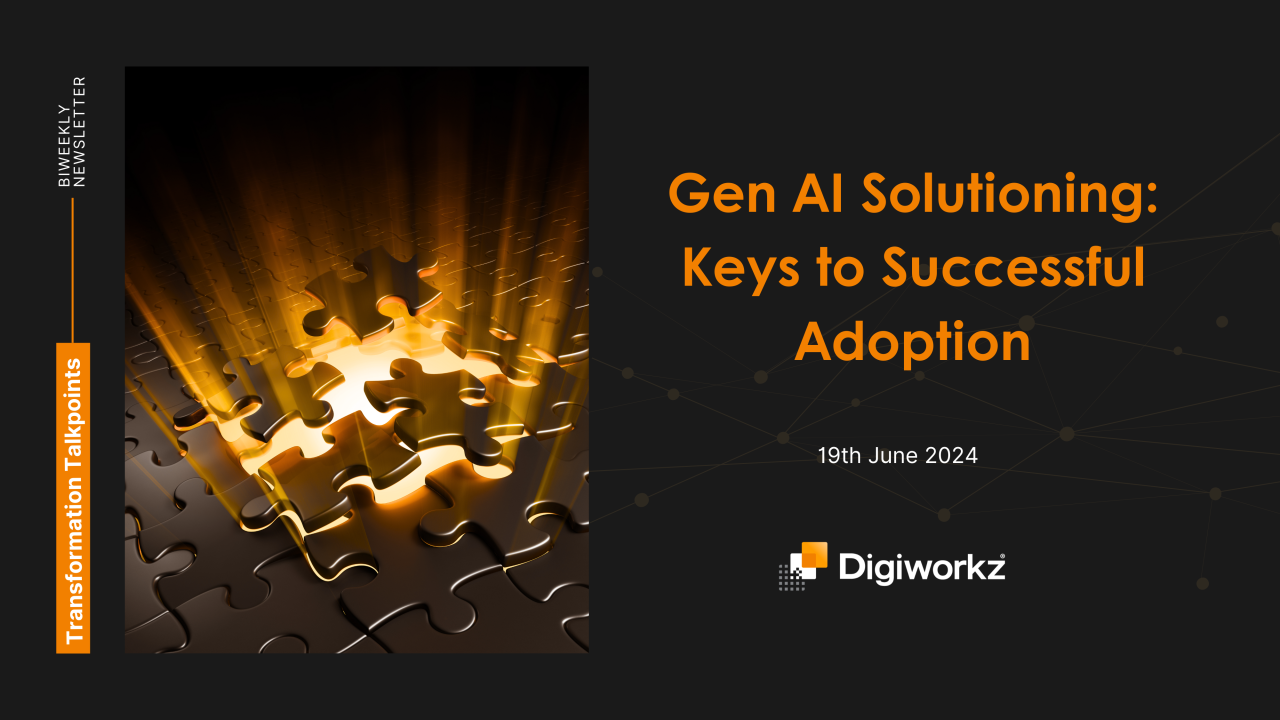Consensus Decision-Making: Is it Good Enough for Business Transformation Programmes?
Organisations are constantly seeking effective methods to drive change and achieve strategic goals. Consensus decision-making is frequently praised...
3 min read
 Digiworkz
:
Jul 3, 2024 3:57:35 PM
Digiworkz
:
Jul 3, 2024 3:57:35 PM

Table of Contents
Organisations are constantly seeking effective methods to drive change and achieve strategic goals. Consensus decision-making is frequently praised for its democratic and inclusive nature, but the question remains: is it sufficiently robust to guide intricate business transformation programmes?
Consensus decision-making can offer several compelling benefits, particularly in the context of collaborative and inclusive environments. Here’s why it holds appeal for business transformation programmes:
Despite its potential benefits, consensus decision-making is not without its challenges. Here’s why it might not always be the best fit for business transformation programmes:
To determine whether consensus decision-making is suitable for business transformation programmes, organisations need to consider several factors:
To leverage the benefits of consensus decision-making while mitigating its drawbacks, organisations need to adopt a balanced approach. Here are some strategies:
At Digiworkz, we recognise the importance of effective decision-making in driving successful business transformations. Our collective intelligence platform Nexus combines the strengths of consensus decision-making with agile and pragmatic leadership to ensure timely and impactful decisions. By leveraging our advanced collaboration platform, teams can engage in meaningful discussions, share diverse perspectives, and reach informed decisions efficiently.

Organisations are constantly seeking effective methods to drive change and achieve strategic goals. Consensus decision-making is frequently praised...

In today's rapidly evolving digital landscape, companies are increasingly turning to Generative AI (Gen AI) to drive digital transformation and...

In today's rapidly evolving digital landscape, companies are increasingly turning to Generative AI (Gen AI) to drive digital transformation and...